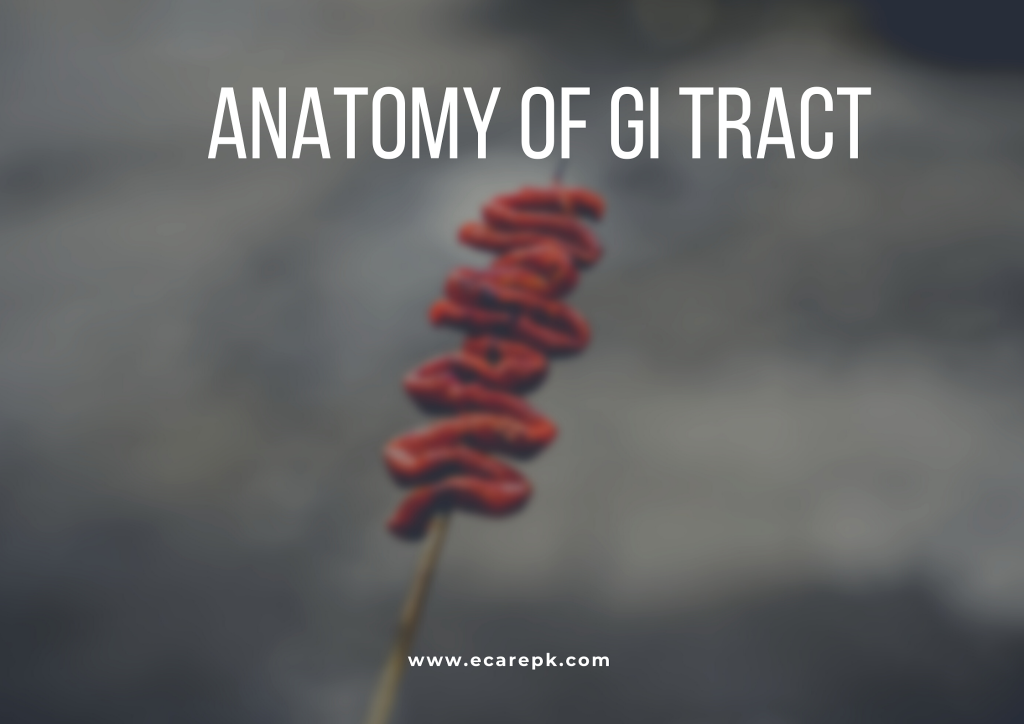Life structures of Lower GI Tract:
The lower gastrointestinal parcel is separated into five sections: the cecum, the climbing colon, the cross over colon, the plunging colon, and the rectum. The large intestine (colorectum) starts at the cecum, which is roughly 2–3 inches long and formed like a pocket. Ilea substance void into the cecum through the ileocecal valve.
The supplement stretches out from the foundation of the cecum. The rising colon ascends from the cecum along the right back mass of the midsection, under the ribs to the undersurface of the liver.
Now it moves in the direction of the midline (hepatic flexure), turning into the cross over colon. The cross over segment crosses the stomach depression toward the spleen, then, at that point, goes high up into the chest under the ribs, and rotates toward the ground at the splenic flexure.
Proceeding with the passed on side of the stomach divider to the edge of the pelvis, the slipping colon turns medially and poorly to frame the S-molded sigmoid (sigma-like) colon. The rectum reaches out from the sigmoid colon to the pelvic floor muscles, where it proceeds as the butt-centric trench ending at the rear-end (Figure 9). The butt-centric waterway is around 4 cm long.
The digestive organ, the site of salt and water ingestion, is around 5–6 feet in length and about 2½ crawls in measurement. It is the site of salt and water retention.
Organs emit enormous amounts of basic bodily fluid into the digestive organ, and the bodily fluid greases up gastrointestinal substance and kills acids framed by microorganisms in the digestive tract. These microorganisms help in disintegration of undigested food buildup, unabsorbed carbs, amino acids, cell flotsam and jetsam, and dead microscopic organisms through the course of division and rottenness. Short-chain unsaturated fats, shaped by microorganisms from unabsorbed complex carbs, give an energy source to the cells of the left colon.
Upkeep of potassium balance is additionally allocated to the colon, where the epithelium assimilates and secretes potassium and bicarbonate. The thoughtful and parasympathetic sensory systems innervate the gastrointestinal parcel. Both convey tactile improvements, however apparently spinal affront nerves in the dorsal horn of the spinal line measure torment.
© 2021 Niazi TV – Education, News & Entertainment
